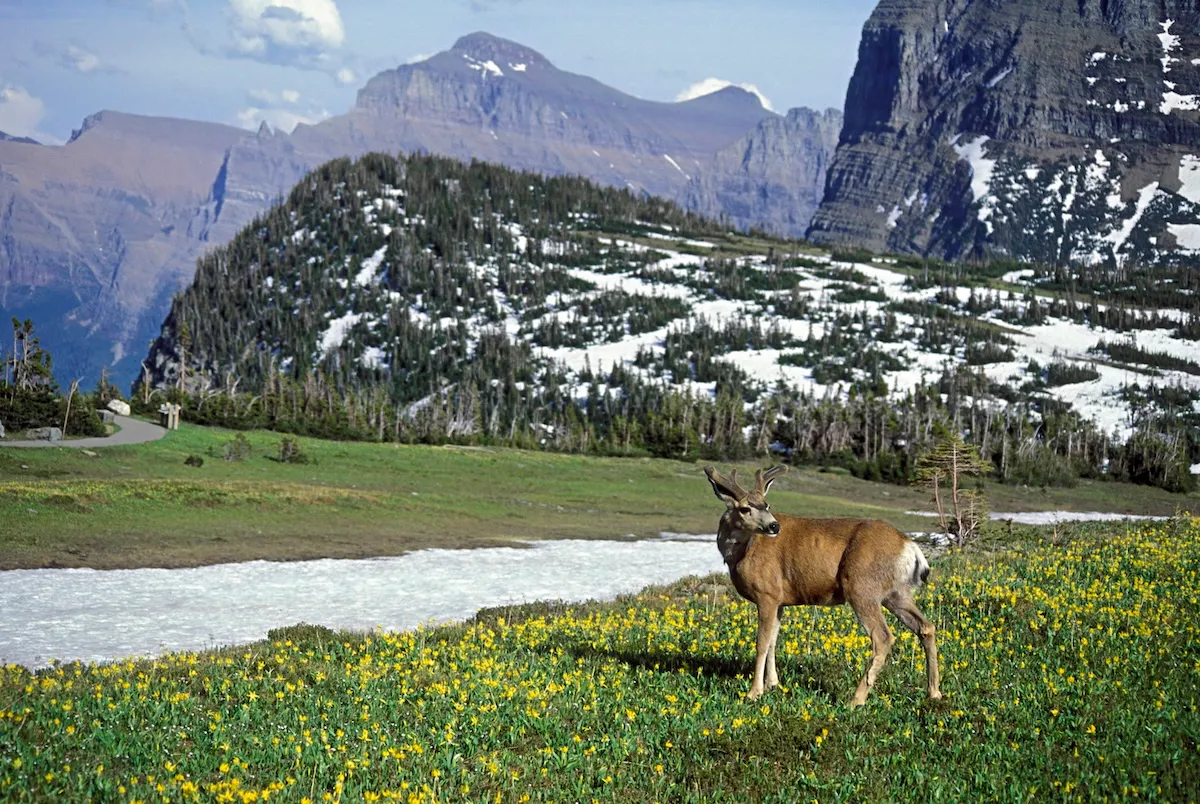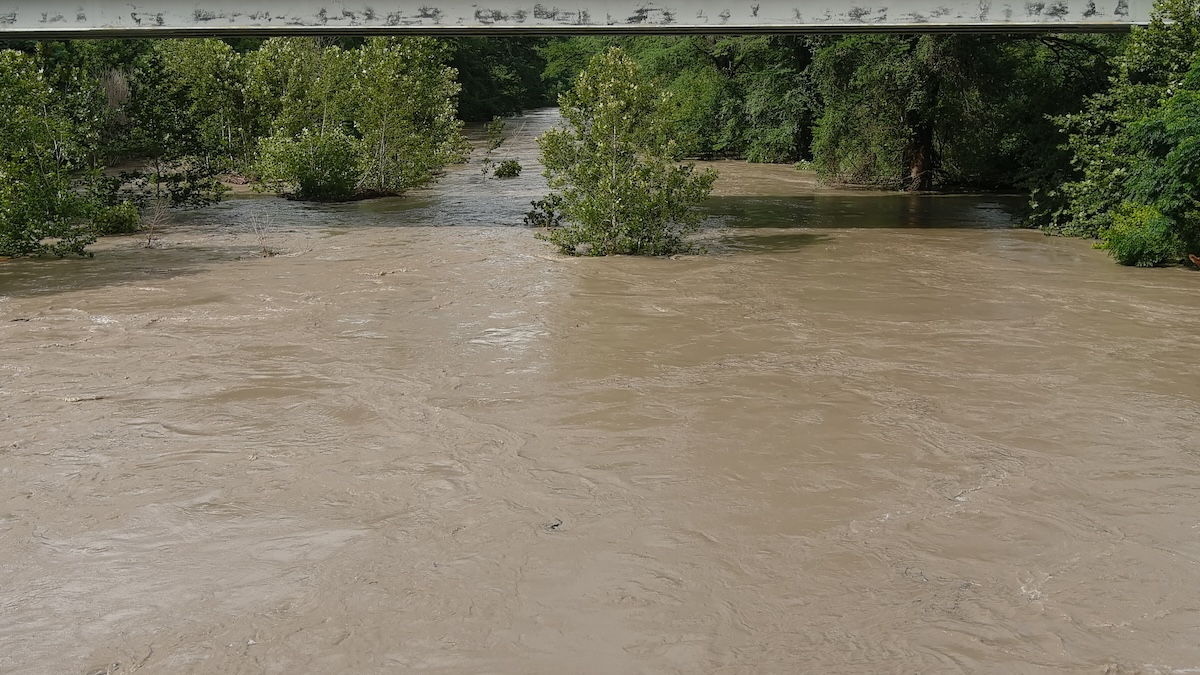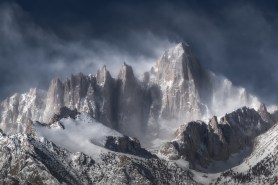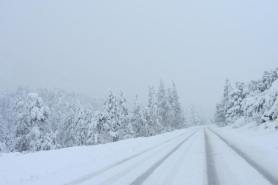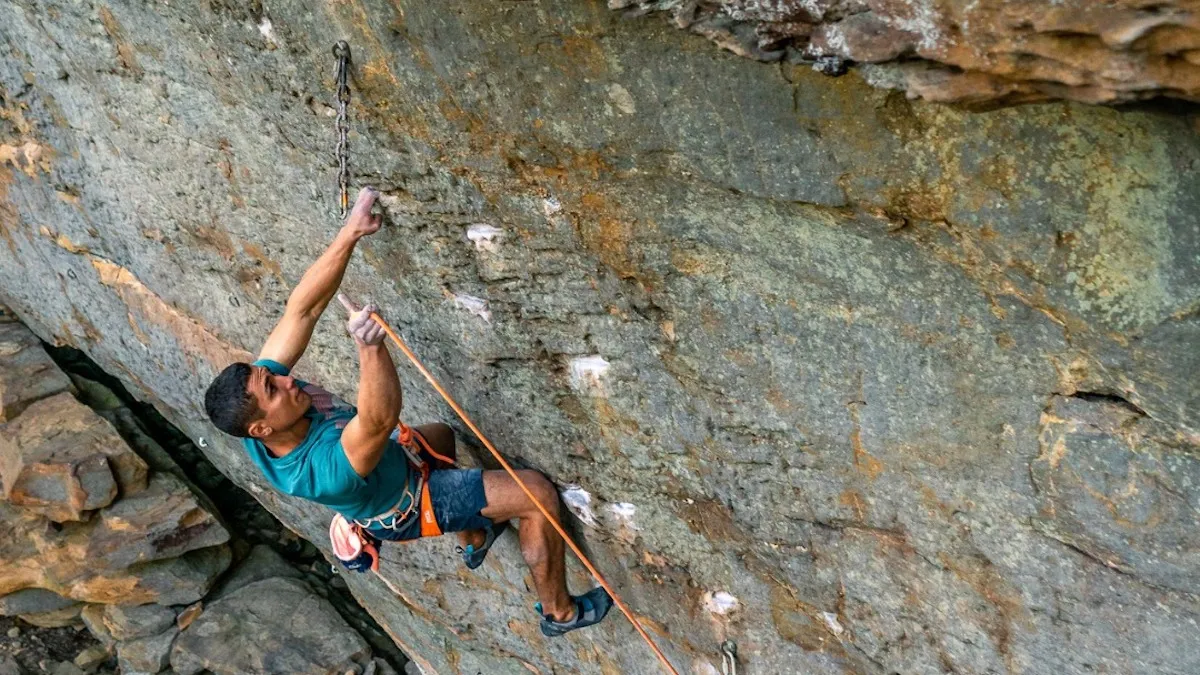

Last month, two federal agencies tasked with managing public lands proposed two separate rules to regulate how climbers employ fixed anchors while rock climbing. Their stated purpose is to balance preservation with safety, but climbing advocates say the new rules would create confusion, eliminate thousands of routes, and make the sport less safe. For those reasons, they’re advocating for Congressional action.
Videos by Outdoors
In an interview with Outdoors.com, Erik Murdock, the interim executive director for the Access Fund, a climbing advocacy group, explained that the proposals weren’t created to address emerging problems in climbing management but rather new interpretations of the Wilderness Act.
“The solution that the Forest Service and the [National Park Service] are proposing is a solution to a problem that doesn’t exist,” Murdock said, adding that climbing with fixed anchors has been an allowable activity under the federal law for the past 60 years.
It’s a sentiment that even the Forest Service seems to agree with. During a Congressional hearing last week, Chris French, deputy chief for the Forest Service, explained to the House Committee of Natural Resources that Congress required his agency “to promulgate direction on how to regulate climbing in national forests” in the 2021 Omnibus Appropriations Bill.
“The issue is—and we were specifically told to address fixed anchors in wilderness—is that the Wilderness Act defines that you have to prohibit what are called ‘installations.’ Installations are defined as anything made by man left behind in wilderness for future use,” French said. “This created a real dilemma for us.”
A fixed anchor is often defined as any piece of climbing equipment—such as a bolt, piton, or sling—that allows for a safe ascent or rappel.
Although he disagreed that the Forest Service’s proposal would have such far-reaching consequences, French said he recognized how some might find it confusing. He added that his agency wants to work with climbing groups to correct the issue.
Still, Murdock said “policies should not prohibit fundamental climbing tools” and referred to proposals like the fixed anchor rule as the government “squandering time and money.”
He described an “effective climbing management strategy” as building accommodations for climbing areas, developing educational materials for climbers, and implementing consistent standards and guidelines across federal lands. “Banning fixed anchors is only going to make the climbing system more dangerous and really doesn’t address the needs of America’s climbing areas,” he said.
Murdock added that he thinks the federal agencies are interested in what American climbers have to say and will take their comments seriously, but his organization still wants Congress to pass a law saying it “does not want unnecessary restrictions on fixed anchors.”
To accomplish his goal, Murdock’s best option is the Protecting America’s Rock Climbing (PARC) Act, which protects rock climbing as an allowable activity as well as “the placement, use, and maintenance of fixed anchors” and “other equipment necessary for recreational climbing” on federal land.
The bill was introduced in March by Rep. John Curtis, a Republican from Utah, but it was recently consolidated under the Expanding Public Lands Outdoor Recreation Experiences (EXPLORE) Act, which aims to make public access a priority for federal land managers.
Curtis told Outdoors.com that he filed the bill not only to protect climbing but also because the federal agencies tasked with creating rules to safeguard cultural and natural resources can be swayed or forced to take action even if it’s unnecessary.
“If I make a bad decision, there’s accountability for me. People know how to get rid of their members of Congress, but how do you ever get rid of a bureaucrat in an agency who made a bad decision?” Curtis said.
Since its introduction last week, the EXPLORE Act has received broad bipartisan support in both chambers of Congress. Additionally, websites like GovTrack, which track the progress of federal legislation, give the bill a 48% chance of passing, as 14 Democrats and 13 Republicans are currently cosponsoring it. Some lawmakers even suggest it could get a vote as early as January.
